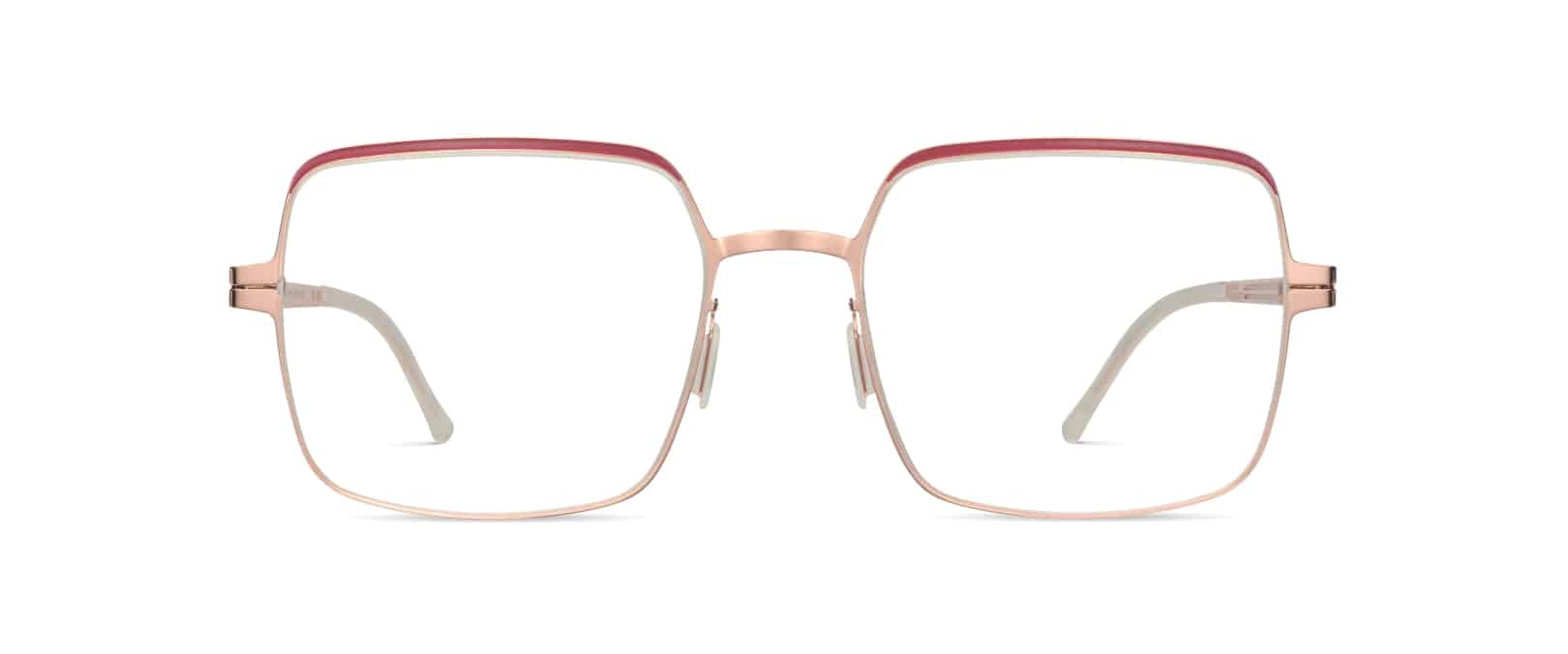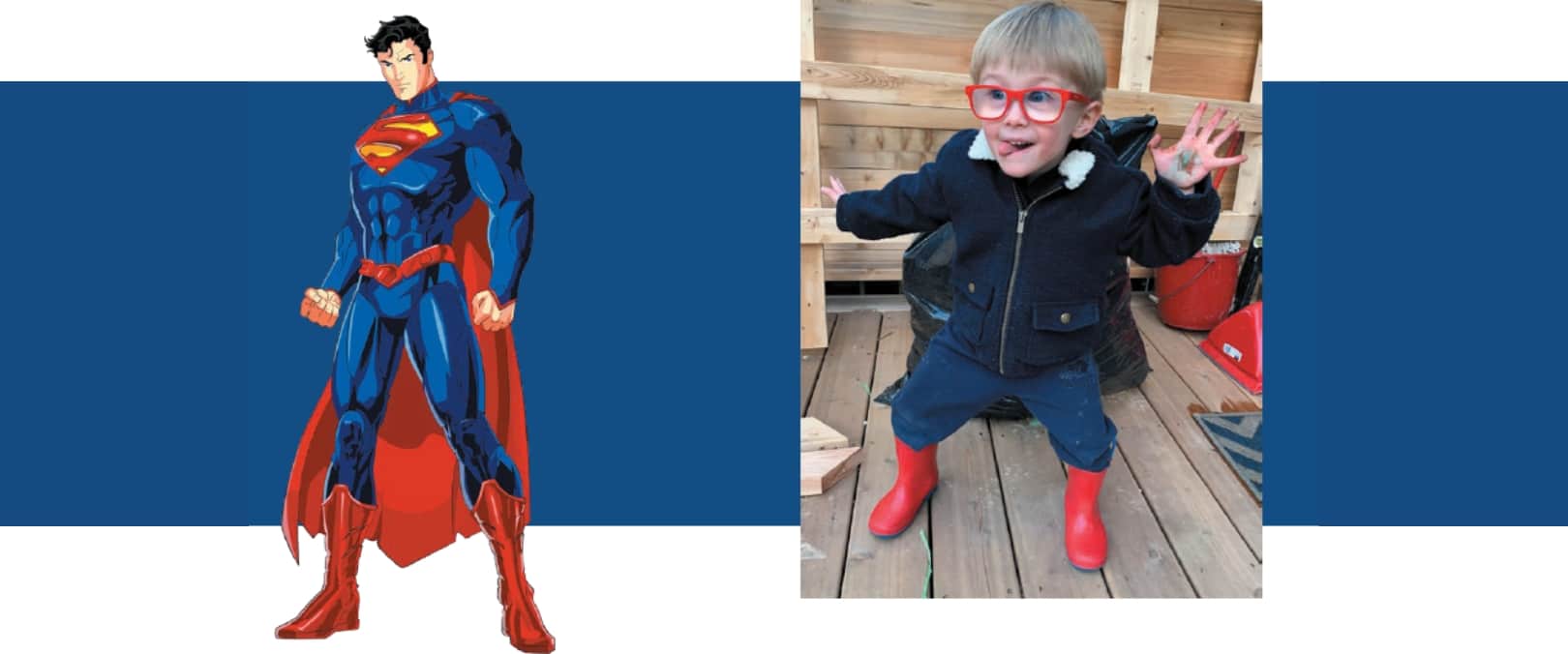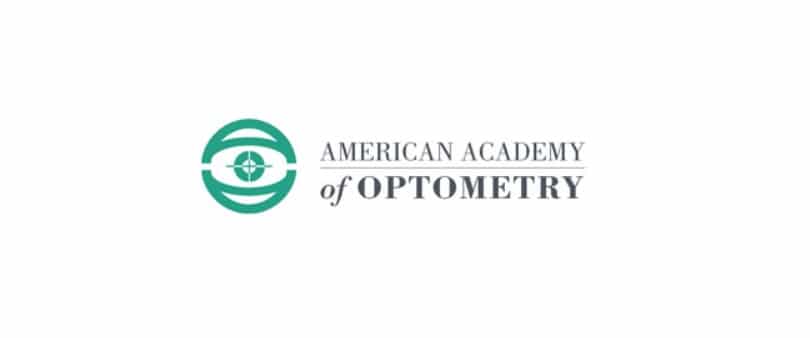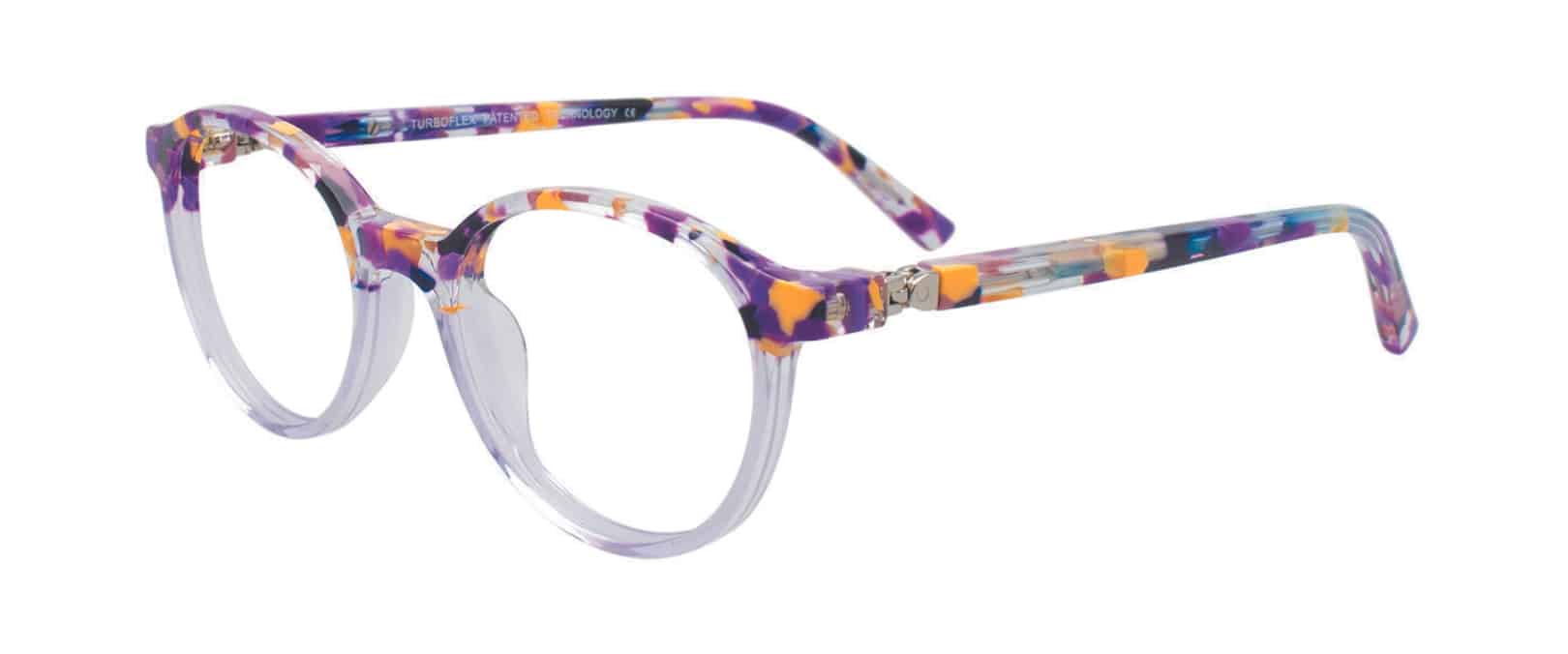Winter may accelerate the progression of nearsightedness
Sunday, February 24 2013 | 00 h 00 min | News
Nearsightedness may progress faster in children during winter, due to reduced exposure to daylight, than during summer.
That’s what researchers suggest in a new study involving 200 children aged 8 to 14 with nearsightedness in Denmark. Their findings were published in the journal Ophthalmology. The researchers studied both the children’s vision and the shape of their eyes.
In Denmark, a winter day lasts seven hours, whereas a summer day is almost 18 hours. Over the six months with the least daylight, nearsightedness progressed by 0.32 diopters, compared to 0.28 diopters over the sunniest months. During the winter, eye length of participants increased by 0.18 mm, compared to 0.14 mm over the summer.
The researchers did not analyze the exact number of hours that the children spent outdoors, but calculated the average time spent outdoors based on the season. Given that temperatures are very cold, Danish children, like those in Canada, spend much less time outdoors in winter than they do in summer.
Source:
http://www.reuters.com/article/2013/02/11/us-nearsighted-idUSBRE91A12E20130211






